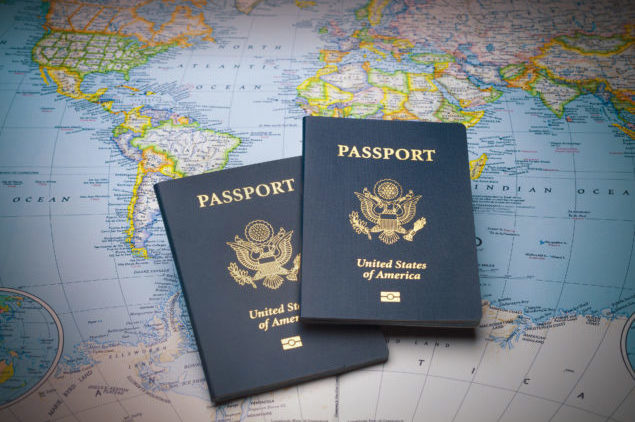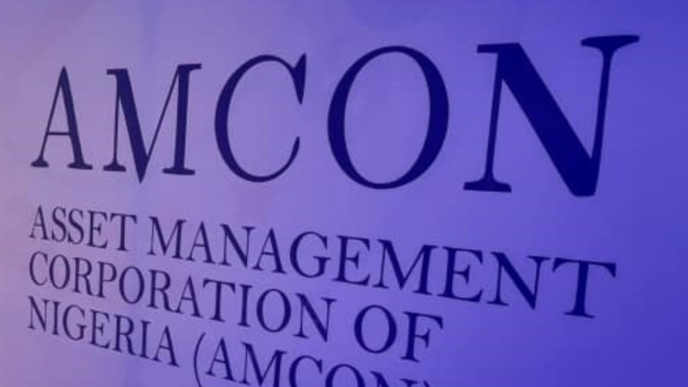Passports on a map of the world to illustrate the keys to world travel
A memo from the United States department of justice (DOJ) has directed attorneys in the civil division to prioritise denaturalisation proceedings against naturalised citizens who committed certain offences.
Denaturalisation is the process in which a person is stripped of their citizenship, especially the one acquired through nationalisation and not by birth.
The memo published on June 11 on the website of the US DOJ asked the attorneys to prioritise denaturalisation against citizens who had “illegally procured” or procured naturalisation by “concealment of a material fact or by willful misrepresentation”.
“The benefits of civil denaturalization include the government’s ability to revoke the citizenship of individuals who engaged in the commission of war crimes, extrajudicial killings, or other serious human rights abuses; to remove naturalized criminals, gang members, or, indeed, any individuals convicted of crimes who pose an ongoing threat to the United States; and to prevent convicted
terrorists from returning to U.S. soil or traveling internationally on a U.S. passport,” part of the memo reads.
Advertisement
The memo stipulates categories of denaturalisation cases that should be prioritised, to include “cases against individuals who pose a potential danger to national security, including those with a nexus to terrorism, espionage, or the unlawful export from the United States of sensitive goods, technology, or information raising national security concerns.”
“Cases against individuals who engaged in torture, war crimes, or other human rights violations; cases against individuals who further or furthered the unlawful enterprise of criminal gangs, transnational criminal organizations, and drug cartels.
“Cases against individuals who committed felonies that were not disclosed during the naturalization process, cases against individuals who committed human trafficking, sex offenses, or violent crimes, and cases against individuals who engaged in various forms of financial fraud against the United States (including Paycheck Protection Program (“PPP”) loan fraud and Medicaid/Medicare fraud).”
Advertisement
Others are cases against individuals who engaged in fraud against private individuals, funds, or corporations; cases against individuals who acquired naturalisation through government corruption, fraud, or material misrepresentations, not otherwise addressed by another priority category; and cases referred by a United States attorney’s office or in connection with pending criminal charges, if those charges do not fit within one of the other priorities.
This directive is targeted at over 25 million naturalised Americans, according to 2023 data by the Migration Policy Institute.
The memo reflects US President Donald Trump’s continued clampdown on legal and illegal migration into the country.
Recently, the US supreme court ruled that federal judges exceeded their authority by halting Trump’s executive order aimed at ending birthright citizenship — the long-standing right to citizenship for anyone born on US soil.
Advertisement
The case centred on injunctions granted by the federal courts in three separate lawsuits challenging Trump’s order, which temporarily blocked the policy from taking effect while the courts deliberated.
However, the supreme court did not rule on the constitutionality of the president’s order itself, leaving room for the Trump administration to press forward with the controversial plan.











